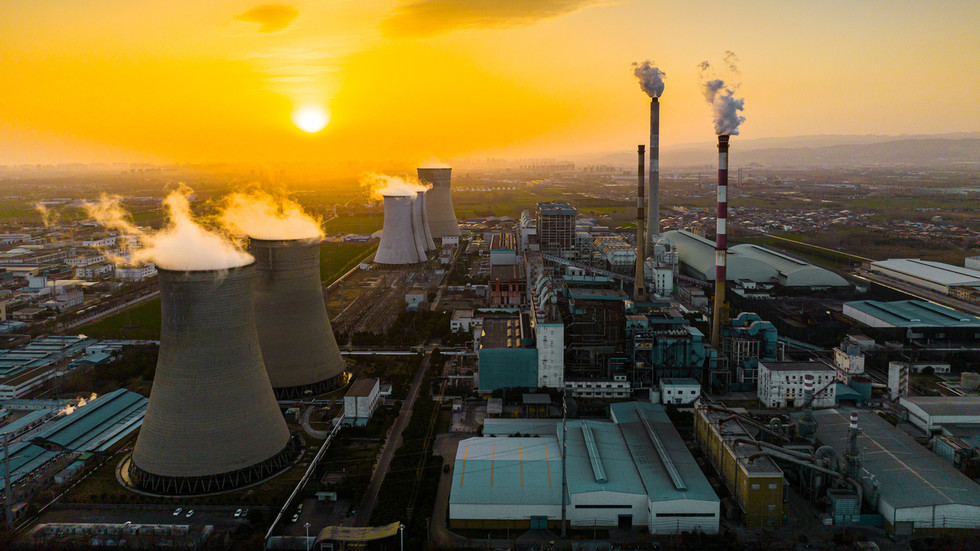
A heat wave in the region is straining power grids and spurring demand for thermal coal and fuel oil, Bloomberg reports

© Getty Images / xijian
Asian imports of Russian energy used for electricity generation have surged in recent weeks due to high demand amid unseasonably warm weather, Bloomberg reported on Sunday, citing ship-tracking data from Kpler.
According to the report, coal imports surged to 7.46 million tons in April, nearly a third higher than at the same time in 2022. Deliveries of fuel oil, meanwhile, were the highest on record in both April and March, the data showed. Both fuels are most often used by power grids.
China and India were the largest buyers of Russian energy last month, accounting for more than two-thirds of the country’s coal exports sent to Asia. Both nations increased their energy imports from Russia last year, taking advantage of discounts offered in an effort to secure new markets as Russian exports were shunned by Western buyers amid Ukraine-related sanctions.
South Korea, Vietnam, Malaysia, and Sri Lanka have also become significant buyers of Russian coal, while Saudi Arabia and the UAE have stepped up purchases of its fuel oil.
Analysts say that deliveries to Asia are set to further increase in the coming weeks due to the emergence of El Nino, a recurring warm climate pattern that influences the weather and could cause droughts in the region. According to a study published in the journal Science this week, this year’s El Nino is expected to develop between May and July and is likely to be especially strong.
According to John Driscoll, head of JTD Energy Services Pte in Singapore, the growing demand for Russian energy in Asia also shows that many countries are choosing energy security over political interests.
READ MORE: Russian fuel oil exports to China to hit record high – Bloomberg
“The worst place to be right now amid these searing temperatures is South Asia, especially poorer nations like Pakistan or Bangladesh. When you can’t even take care of your people’s basic needs, it’s very hard to care too much about international affairs… [They] are asking themselves: would I rather risk falling afoul of the US or forgo steep discounts on energy? When there’s a good deal on the table, how can poorer nations afford to say no?” Driscoll told Bloomberg.
For more stories on economy & finance visit RT’s business section




